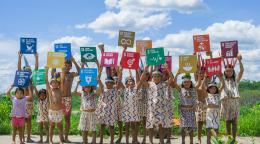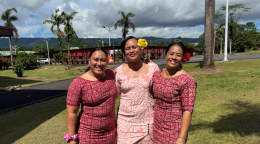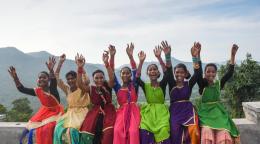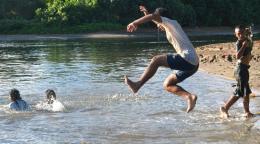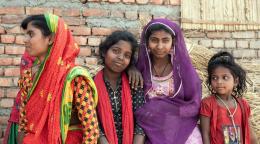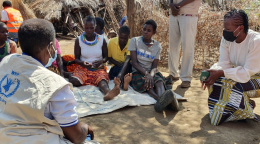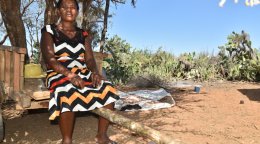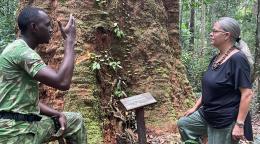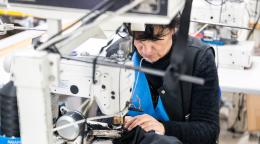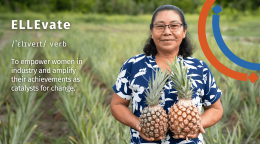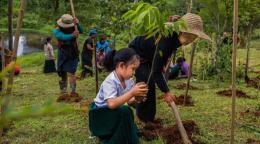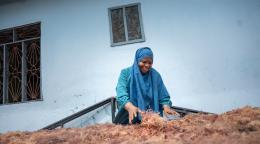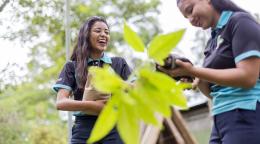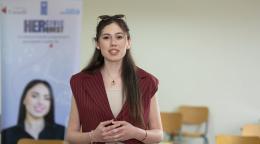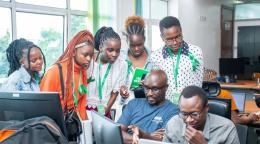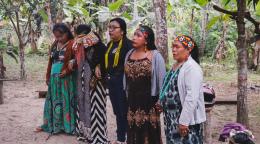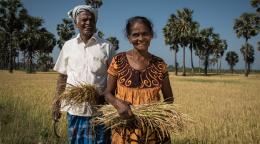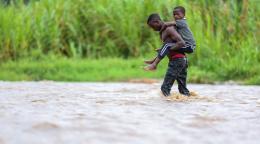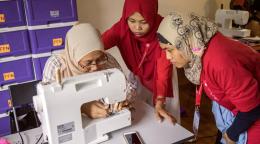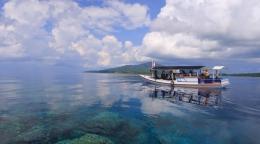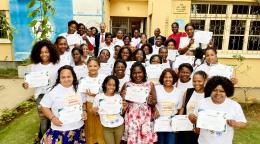Safe water, stronger lives: Women leading change in Nusa Tenggara Timur
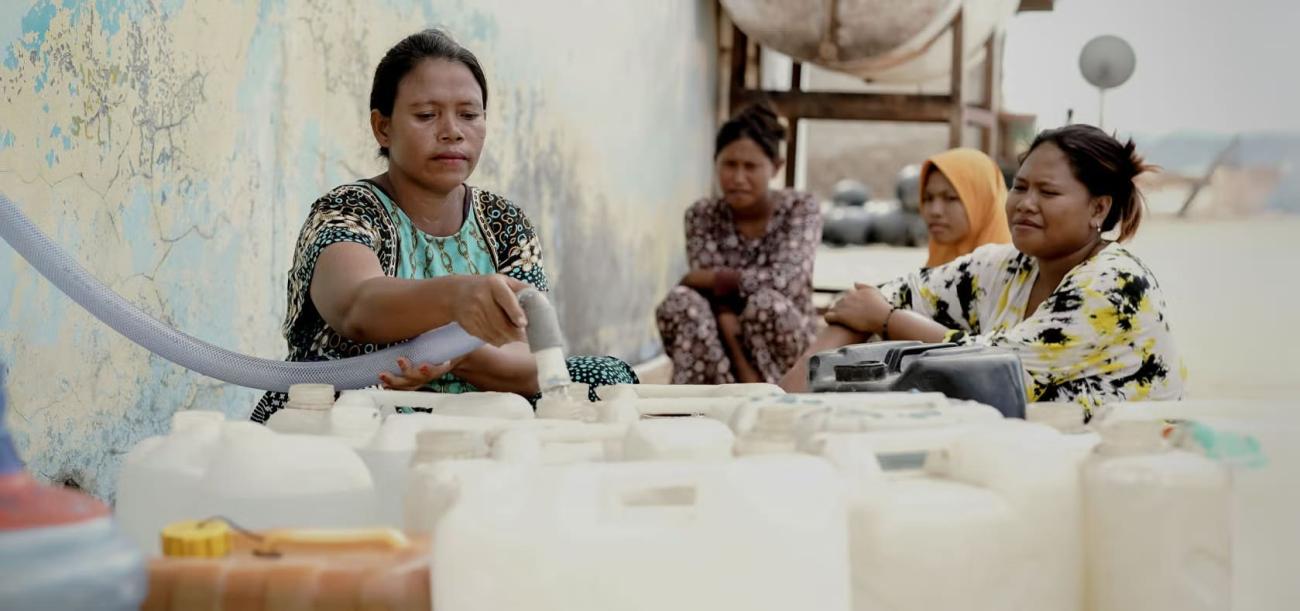
For women and children in Nusa Tenggara Timur Province in eastern Indonesia, the wait for drinking water has transformed from an obstacle into an opportunity. Once forced to sail for up to two hours or walk up to 10 kilometres (6 miles) to fill their containers from rivers or private tanker trucks, they can now travel just 5 to 30 minutes from home to a refill station or communal water tap.
Komodo Water, a women-led enterprise that employs local women to run water refill stations and field-based processing units, has been bringing safe and affordable drinking water directly to underserved communities since 2012.
“Our goal is to empower other women in the community to realize that they don’t have to rely solely on their husbands. They can earn their own income by joining us as retailers,” said the enterprise’s founder, Shana Fatina. “We believe that by supporting women, we’re ultimately supporting the entire community.”
To expand operations, Komodo Water needs more innovation and investment. Due to inadequate collateral or credit history, women entrepreneurs like Fatina often face greater barriers to securing funding. EmPower: Women for Climate-Resilient Societies, a joint programme by UN Women and United Nations Environment Programme, has helped Komodo Water strengthen its investment readiness and raise its visibility among potential funders through a partnership with Impact Investment Exchange.
Nusa Tenggara Timur is one of the country’s provinces most vulnerable to climate change, and over 20 per cent of its population lives in poverty and 25 per cent of households have no access to clean water, according to government statistics. Shifting rainfall patterns, rising temperatures and more frequent extreme weather have drastically reduced water availability. Women and girls traditionally are tasked with fetching water for households, and in spending hours each day on this, they expose themselves to health risks and miss out on education and income opportunities.
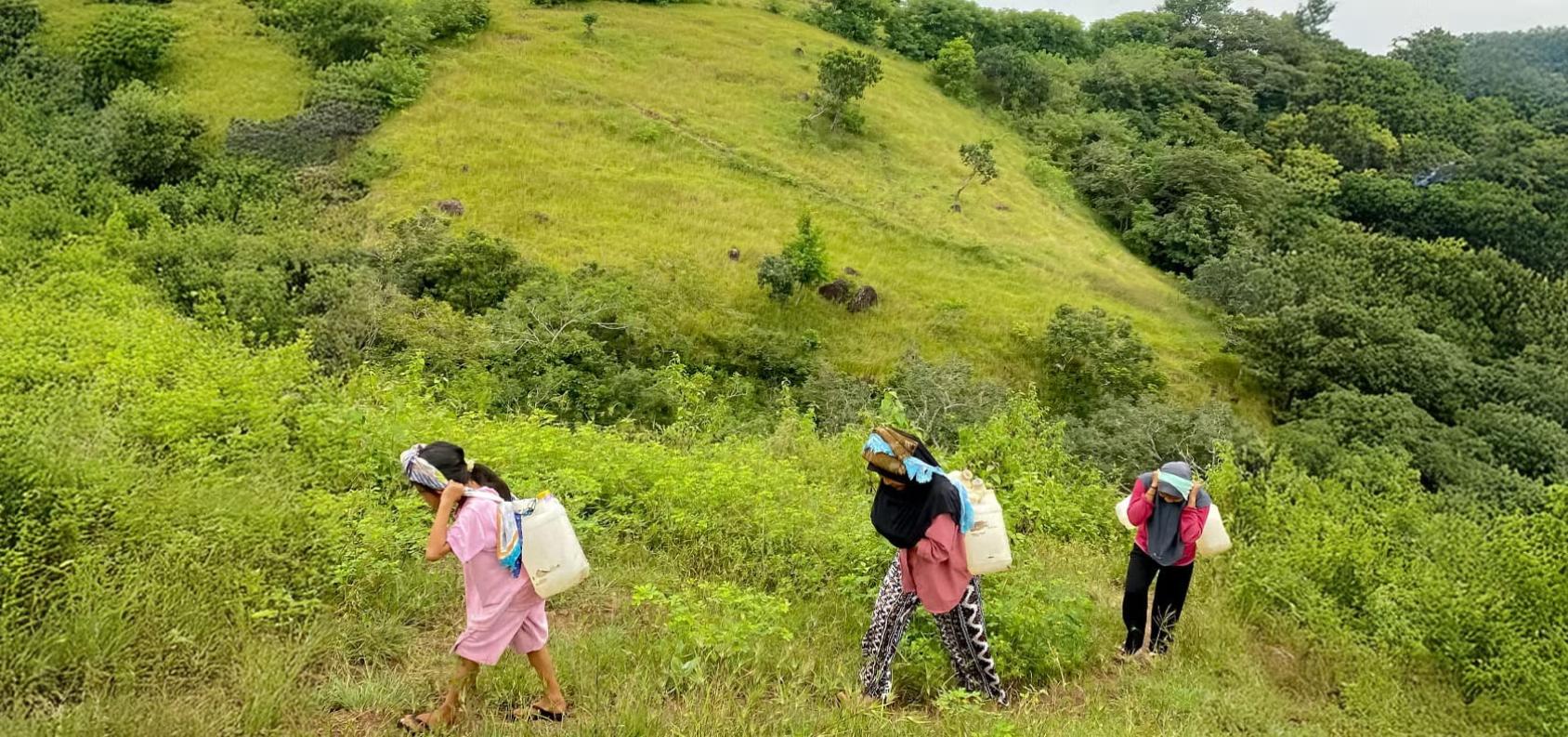
On the one hand, the programme seeks to strengthen climate, energy and disaster risk reduction policies to address the unique needs of women and girls. Complementing this, the programme is also helping channel investments towards women's enterprises and bringing together policymakers, civil society, investors, financial partners and entrepreneurs to help women access finance, technology and resources. The impact on the ground is tangible.
“With Komodo Water, we can now get water easily and quickly. We can use our precious time to take care of the house and even take part in entrepreneurship activities to support the family's livelihood,” said Suryani, one of the women operating Komodo Water’s field factory.
Each community in Nusa Tenggara Timur typically has one refill station built by Komodo Water, serving up to 500 families. Komodo Water says that since its founding, these stations collectively have improved water access for more than 22,000 people and health and livelihoods for over 7,700 people.
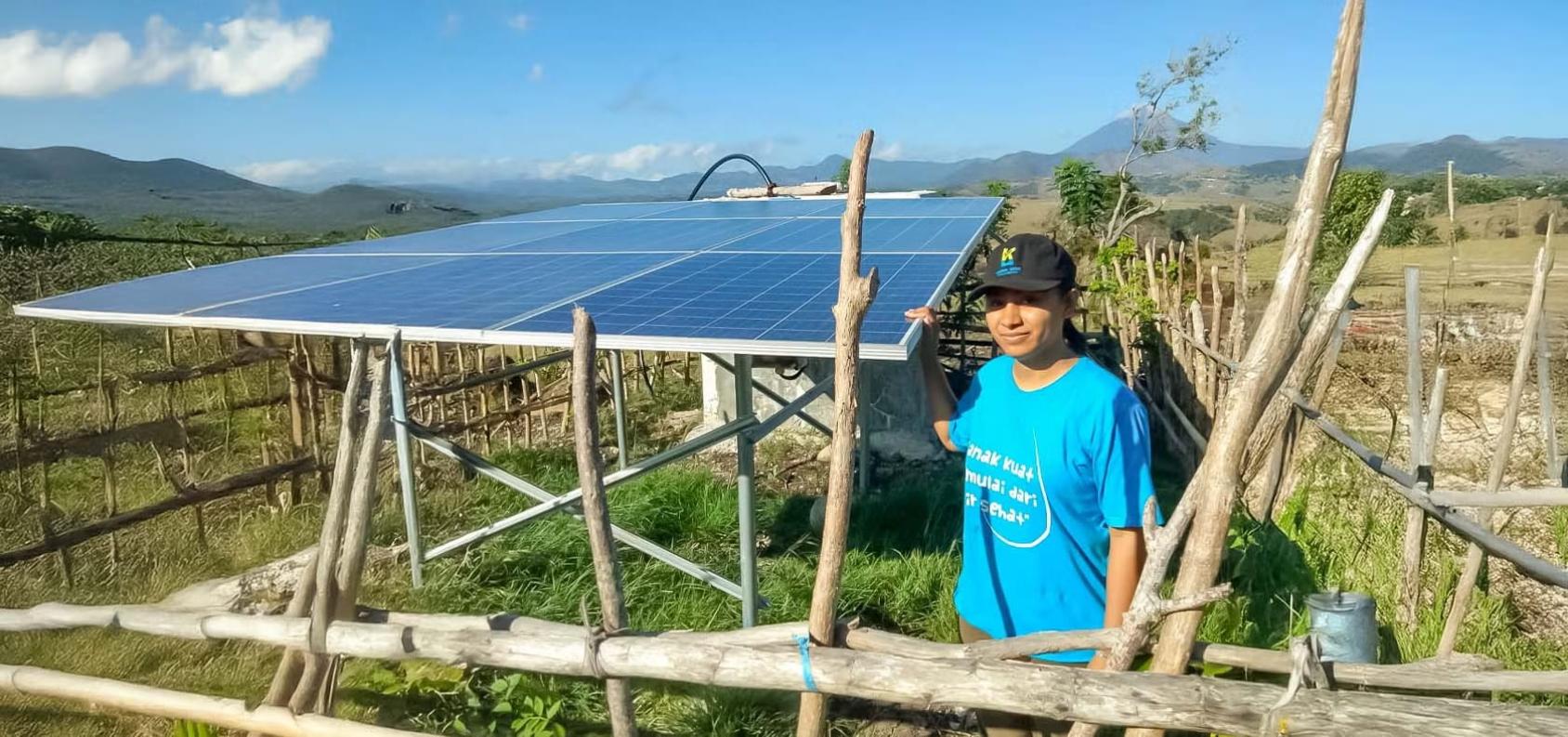
The province’s electricity supply is inconsistent so Komodo Water uses solar-powered filtration technology to ensure its water processing equipment keeps running. The company says this saves 72 tons of fossil fuel each year. In addition, by selling reusable water containers made from recycled plastic and recycling plastic waste, Komodo Water says that since the company started up, it has saved 100 tons of plastic waste from reaching the ocean and transformed waste into 20,000 useful products. Komodo Water has also started producing low-cost ice blocks that local fishers use to keep their catch fresh, allowing many of them to triple their earnings.
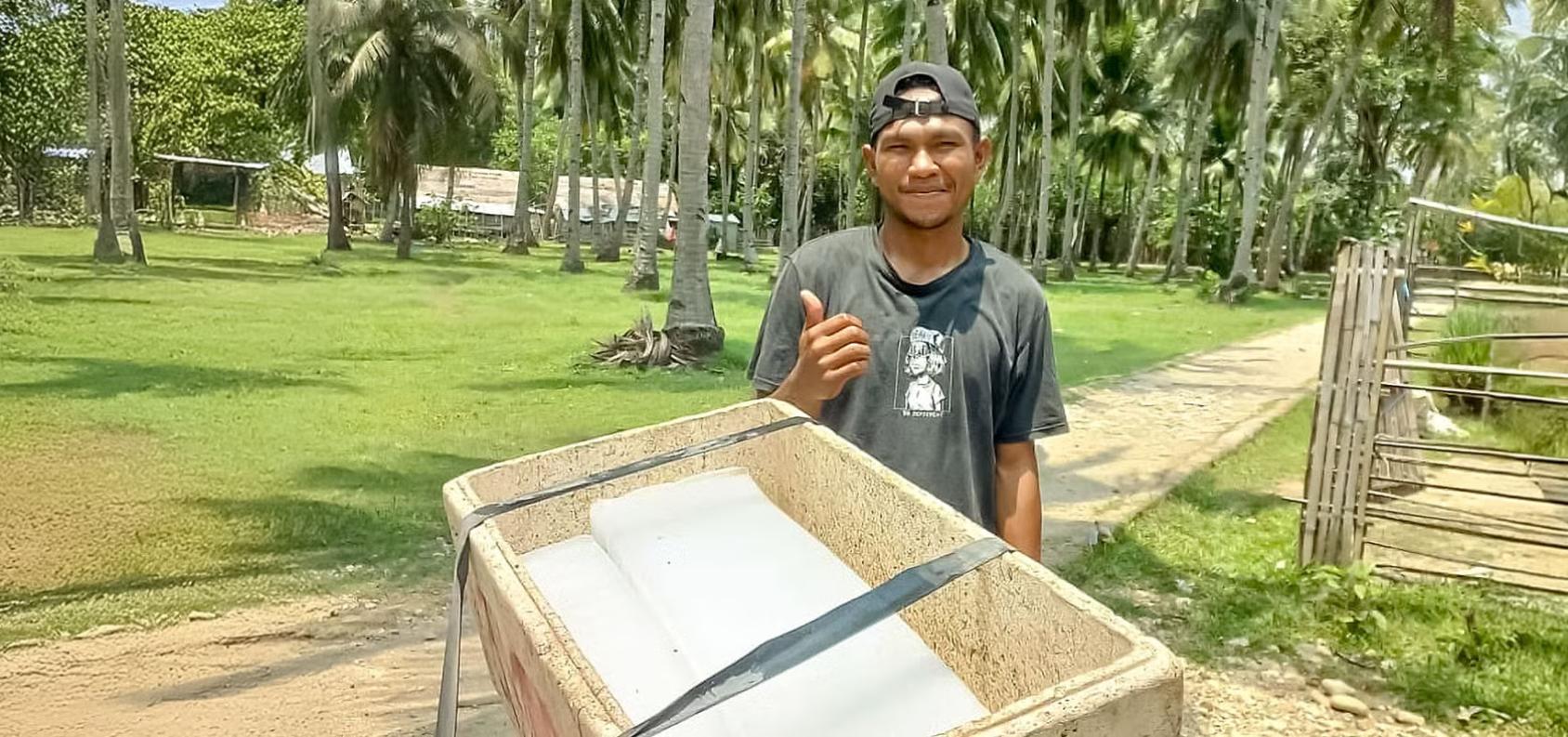
Interventions like these showcase how one solution —ensuring clean water— can be a gateway for significant impacts in other spheres; in this case, women's livelihoods and waste management. Women's enterprises can be catalysts for entire communities to embrace sustainable growth and ensure a fairer future for generations to come.
This is an edited version of an article that first appeared here. For more information about the UN's work in Indonesia, visit indonesia.un.org
